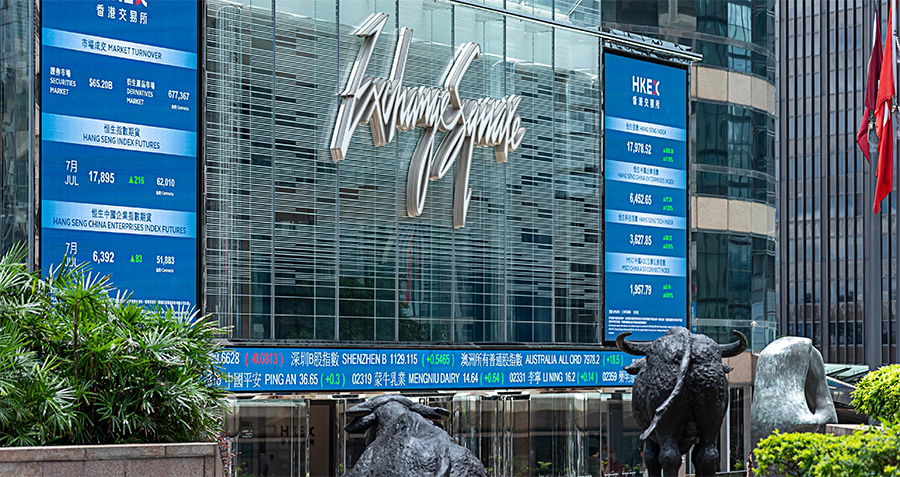The nuances of managing an M&A by putting together the right cast of characters.
Like the movies, corporate acquisitions are a collaborative art: miscast one role, and you can ruin the whole picture.
The CEO may be the star of the show, but a successful deal demands a strong executive board and chief financial officer—along with investment bankers, lawyers, accountants and public relations advisors—especially when the deal in question is the purchase of a foreign company.
As Chinese companies look to expand abroad through acquisitions, it’s worth reviewing the difference each member of the team can make:
After examining more than 2,000 acquisitions by 25 Dutch companies over four decades (1966 to 2006), researchers at the Rotterdam School of Management and the London School of Economics (Nadolska 2015) concluded that the more experience and more educational diversity the top management team had, the more likely it was to make a successful acquisition.
Homogenous boards reach agreement on deals more quickly than diverse boards, but their acquisitions also gain value less quickly than deals approved by more diverse boards, according to the RSM/LSE team. Other research (Malmandier 2007) has suggested that the size of the board matters too, with 4-10 members seeming to be the most effective size.
In a larger organization, the CFO is another crucial player, and unfortunately, like the CEO, prone to overconfidence: one 2013 study by professors at Ohio State University’s Fisher College of Business and Duke University’s Fuqua School of Business that reviewed 10 years of quarterly surveys of CFOs in the S&P 500 found that their one-year forecast of their share price almost always missed the mark. Researchers asked them to give a range of outcomes that would lead them to be right 80% of the time. Instead, they were within the range a little more than a third of the time. They were similarly mistaken about the return on investments of their own firm. Duke Professor Campbell R. Harvey told a reporter “the magnitude of miscalibration is astounding”.
How can a company compensate for this tendency? One way may be to hire a woman. A 2015 Fordham University study found that female CFOs were 17.4% less likely to adopt risky tax shelters than male CFOs. An earlier 2008 study by scholars at the University of Southern California also found advantages in hiring a woman for the job: in a review of all the transactions by major publicly listed US firms between 1993 and 2005, female CFOs made fewer but better acquisitions. The gains following their announcements were approximately 2% higher than those made by firms led by male CFOs.
Next in line are the investment bankers, and on the question of their value the research is mixed. Although a number of scholars have found that investment bankers don’t have any impact on the success of a deal, others have found that finding the right team does affect returns.
A 2011 study by Jack Bao of the Fisher College of Business at The Ohio State University and Alex Edmans of the Wharton School at the University of Pennsylvania found that among banks that had advised on more than 10 deals between publicly traded stocks between 1980 and 2007, the three-day returns after the announcement were not evenly distributed. Instead, returns varied by 1.26% between the lowest quartile of profitability and the highest quartile.
An experienced legal team is also essential, merger experts say, particularly in an unfamiliar market. Law and regulation plays a larger role in most mature economies than in China—despite the difference in population, for example, the US has about five times as many attorneys as all of China, roughly 1.25 million lawyers compared to 250,000, according to some estimates—a cultural difference that can lead to huge difficulties for executives used to making deals with people, not paper.
Good lawyers are also important for negotiating the best terms for the deal. “It’s important to use lawyers who are familiar with current market practices, which change over time to reflect new judicial decisions and new deal techniques,” says William J. Carney, a professor emeritus of corporate law at the Emory University School of Law in Atlanta. “You want a deep experience base, particularly in the business area covered by the target company,” he says.
For accounting help, the large firms are an obvious choice, Carney adds, but in certain industries, an experienced boutique can also do a good job. In either case, it pays to interview the firm first. “In both cases, personal interviews with top prospects are useful to learn more about their skills and the terms of engagement—how they bill, how they staff, etc.,” he says.
The investors matter too. In a cross-border acquisition in particular, having investors based in the target company’s region can improve the odds of success. One team of scholars at Cass Business School in London (Faelten 2015) looked at 50 cross-border deals over a nine-year period and found that companies with investors in the target company’s home market tended to succeed more often than those that don’t.
It doesn’t much matter who plays the role, but someone on the team must be willing to play devil’s advocate. “Often, deals go wrong because people get caught up in the excitement of closing a deal when they should look at it very objectively,” says Edward Hess, Professor of Business Administration and Batten Executive-in-Residence at the University of Virginia’s Darden School of Business.
“With any deal the question should always be, why I am doing this, is it for growth, expanding the product range, buying capabilities, or adding a prestigious brand?” says Russell Brown, Managing Partner of LehmanBrown, an accounting firm focused on China, “and then once ascertaining that, knowing what financial flexibility is available when going into negotiations.” Companies often lose sight of their original intentions, says the Beijing-based executive, or of the price they are willing to pay.
Hess’s advice: assume you bought the company already and the deal was a big failure, then list all the reasons that might occur. “And then frequently review your processes—are you looking to see if the facts that would lead to that bad outcome exist?” he advises. “Are you looking for reasons not to buy or just looking for facts that confirm your thought that you should buy? Under what conditions would you walk away from the deal? Constantly assess whether you have really searched for facts that would lead to that conclusion.”
Finally, if the deal moves forward, the public relations team plays a key role, according to Joel Backaler, Los Angeles-based Vice President at the consultancy Frontier Strategy Group. and author of China Goes West, a book about Chinese companies expanding into international markets.
Chinese companies often focus on sales and tangible business results, but investments in PR and marketing can be very useful in winning acceptance of the deal by employees, investors and regulators, experts say. Many Westerners have deeply negative views of Chinese companies, and their ignorance can be expensive for a Chinese acquirer, according to experts. Good communication can reassure new employees as well as improve relations with regulators and customers.
Not answering the phone won’t improve the situation. If the company doesn’t tell its own story, someone else will, Backaler says. “This can lead to the media or local politicians shaping how these Chinese firms are viewed, rather than the company itself building and proactively managing how it is perceived in the overseas environment,” he warns.
To read all the articles in the When East Buys West series, please click here.




















